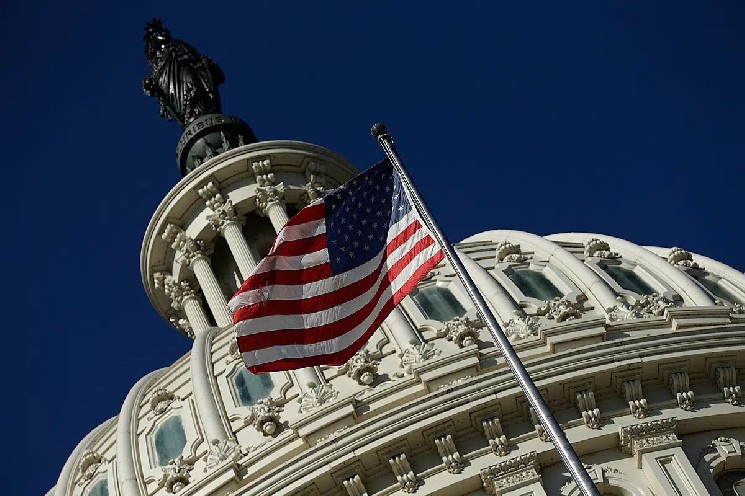The GENIUS Act: US Senate Revise Bill Impacting Stablecoin Regulation
The bill, known as the GENIUS Act (S.1582), has undergone revisions in the US Senate, aiming to bring foreign-based stablecoin issuers under American regulations if they offer services to US users.
This proposed change could have significant implications for Tether, the largest stablecoin issuer globally, as it may now be subject to US regulatory oversight for the first time. Additionally, the bill expands the definition of digital asset service providers to include developers, validator nodes, and self-custody wallet providers, potentially requiring them to comply with the Bank Secrecy Act and anti-money laundering laws.
If passed, this legislation could mark a pivotal moment for Tether, which has operated outside of regulatory scrutiny regarding its reserves for nearly a decade. While the bill offers some advantages for companies like Tether by broadening the range of asset types backing stablecoins, it may also impose stringent regulations on the decentralized finance (DeFi) sector.
Despite an attempted vote in the Senate to initiate formal discussions on the bill, it was unsuccessful due to some senators not having reviewed the text. However, an updated version of the bill has since surfaced.
The revised bill features endorsements from Democratic sponsors Senators Kirsten Gillibrand and Angela Alsobrooks, as well as Republican sponsors Bill Hagerty, Tim Scott, Cynthia Lummis, and Dan Sullivan. Without bipartisan support, the bill’s chances of passing the Senate are slim.
Key changes in the updated version of the GENIUS Act include:
- US Regulation for Foreign Issuers: Foreign-based stablecoin issuers serving US users must adhere to US regulations, potentially impacting Tether’s regulatory status.
- Expanded Digital Asset Service Provider Definition: In addition to exchanges, DeFi protocol developers, validator nodes, and self-custody wallet providers are now subject to regulation and accountability for the use of unauthorized stablecoins.
- “Safe Harbor” Authority: The bill grants the Treasury Secretary limited authority to provide “safe harbor” for small or experimental projects, but concerns have been raised about unilateral intervention in emergency situations.
The timeline for Democratic senators to review the updated bill remains unclear, but the changes are believed to be the result of negotiations preceding the initial vote.
Experts anticipate that a new vote on the bill may take place by the end of the month to kickstart formal deliberations in the Senate.
*Please note that this content is not intended as investment advice.

